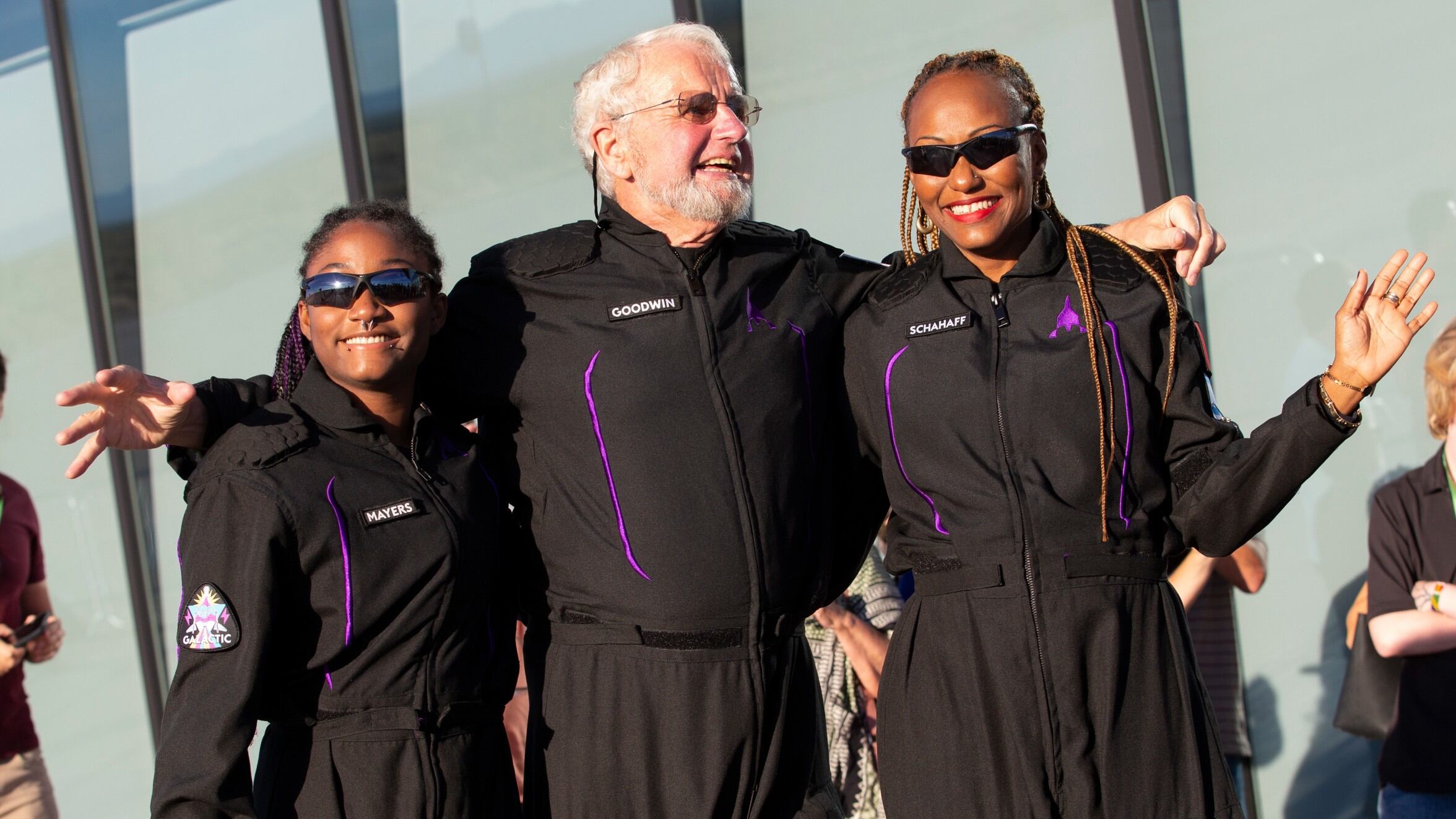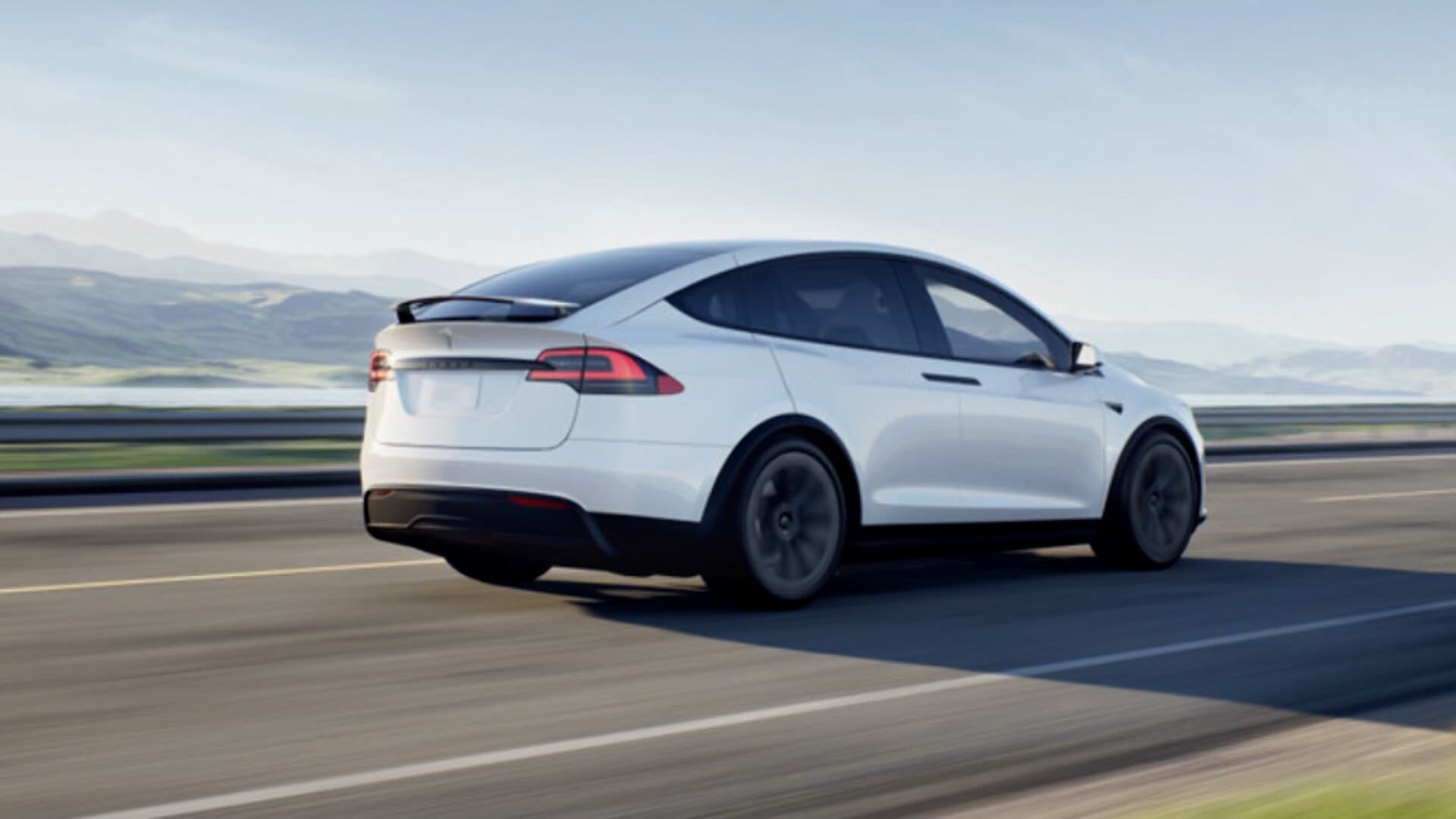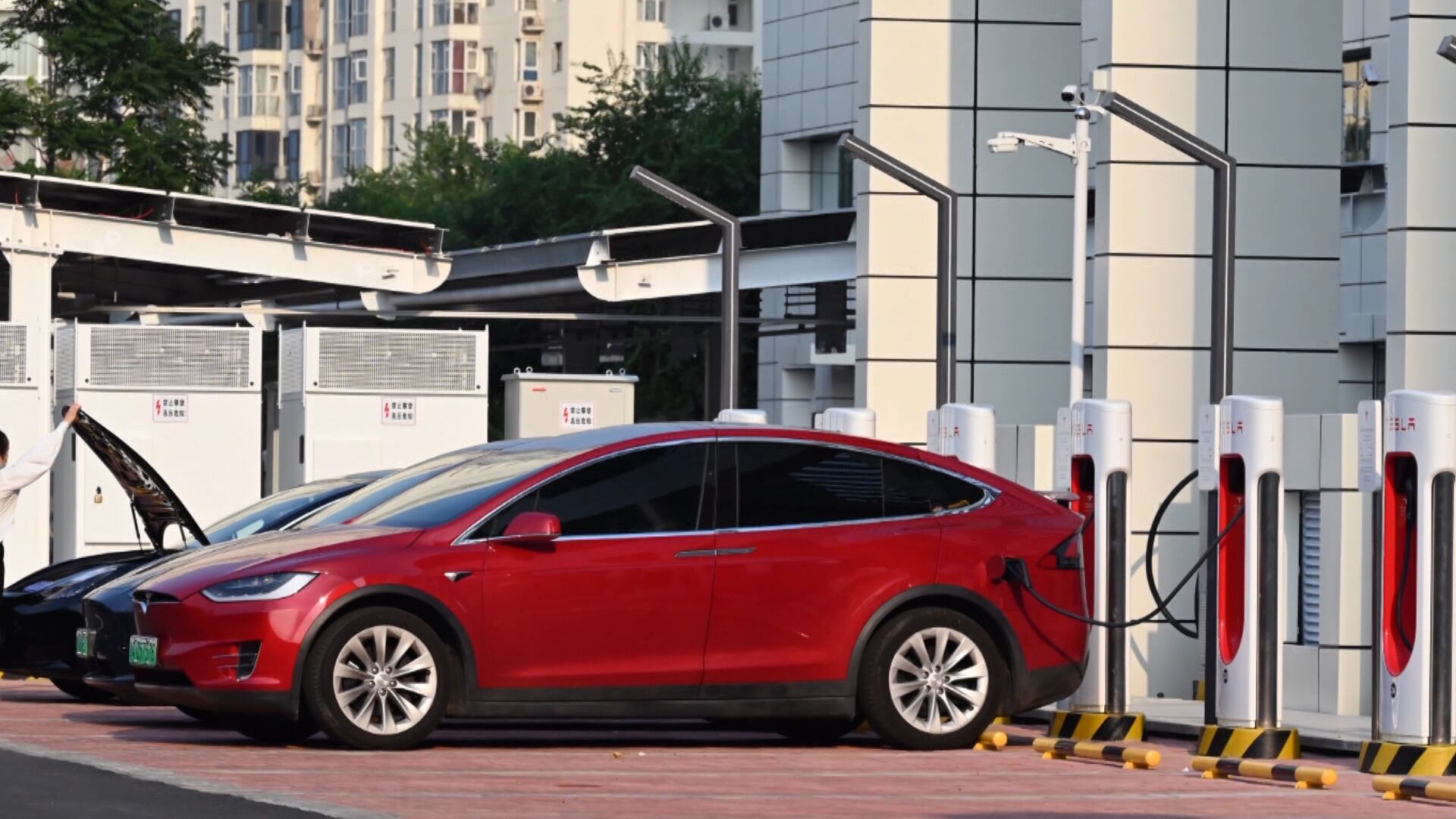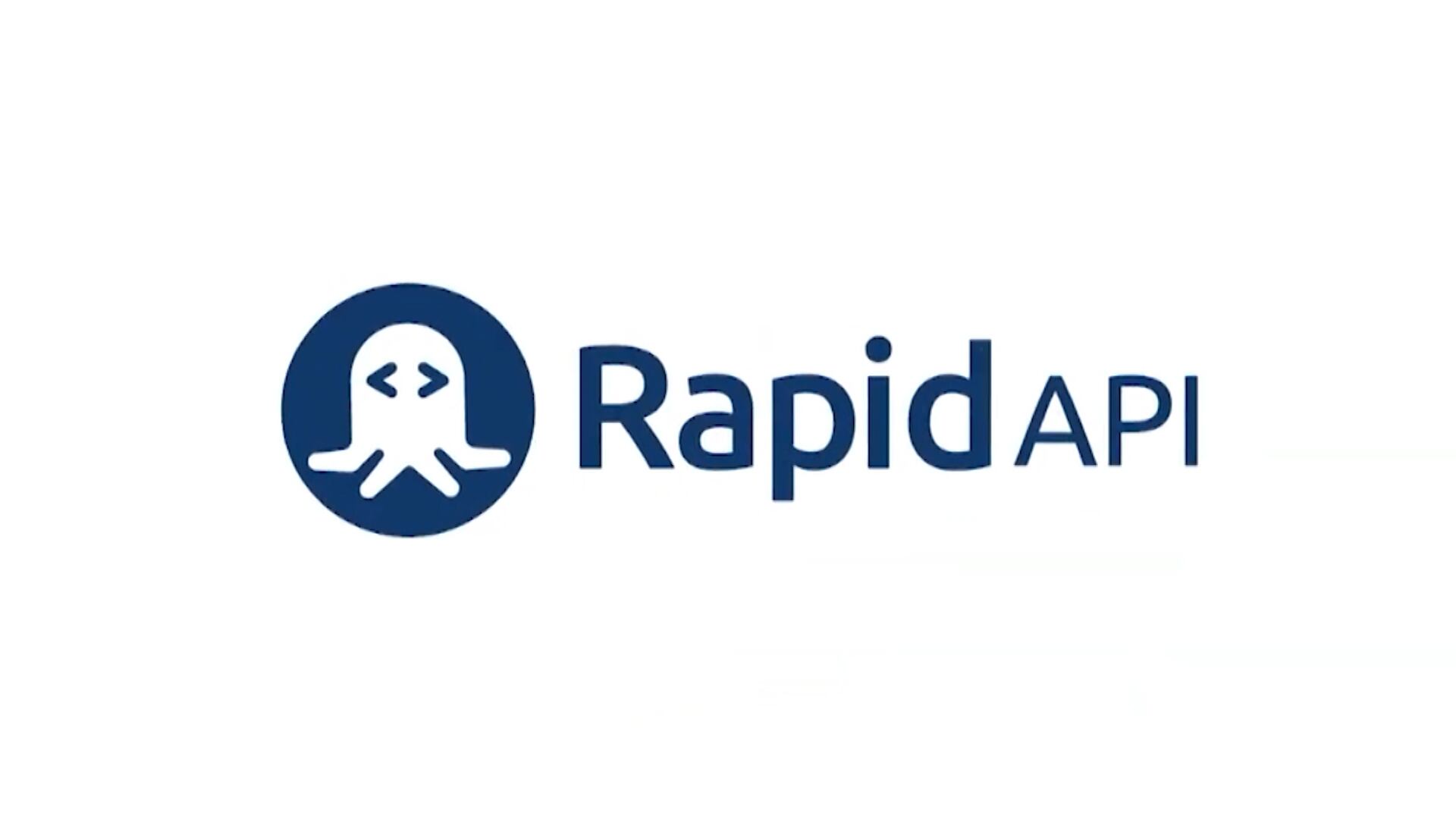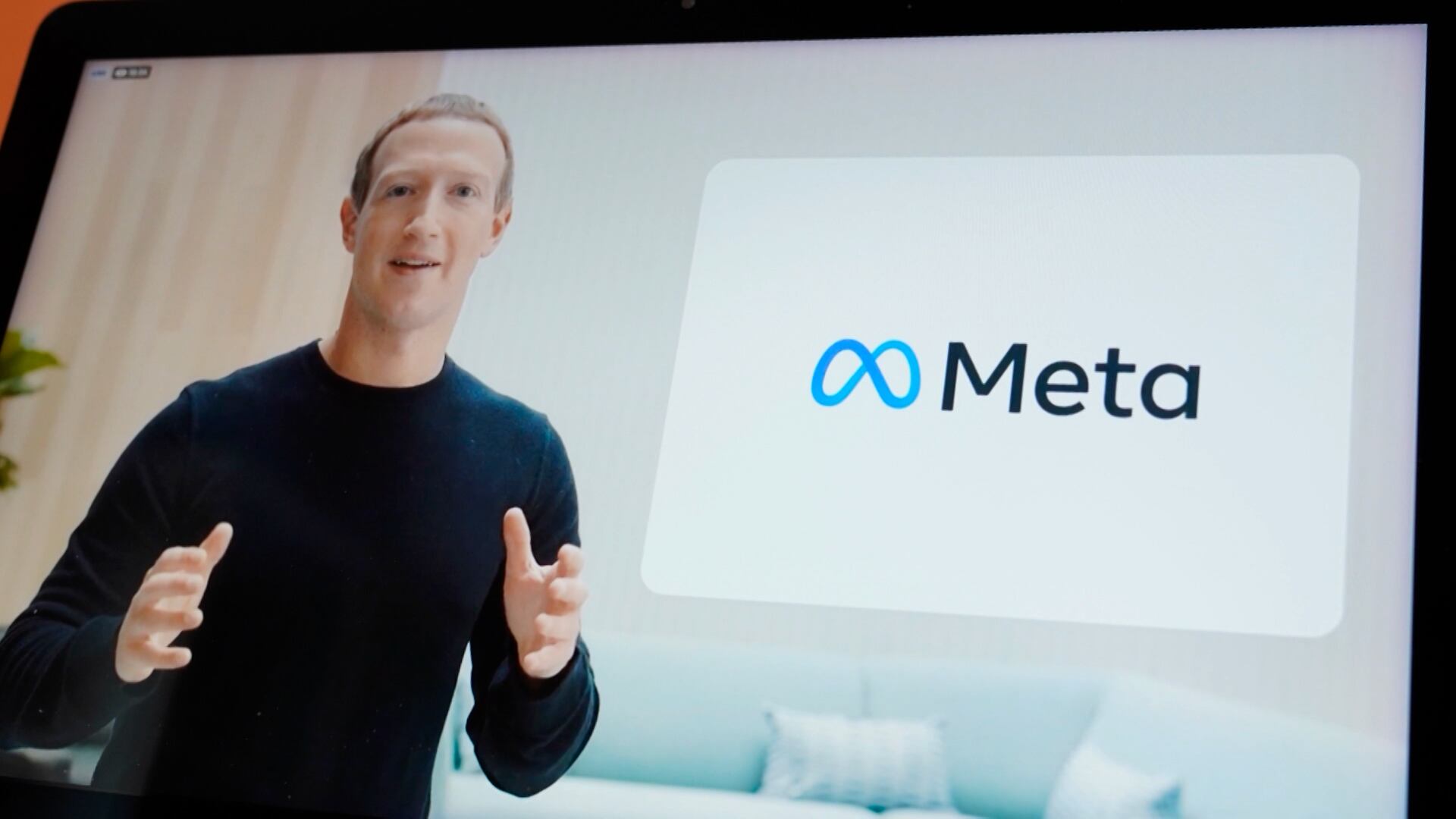By Susan Montoya Bryan and Marcia Dunn
Virgin Galactic is taking its first space tourists on a long-delayed rocket ship ride, including a former British Olympian who bought his ticket 18 years ago and a mother-daughter duo from the Caribbean.
The rocket-powered plane was carried aloft Thursday morning from Spaceport America in the New Mexico desert. The flight plan called for the plane to be released about an hour later and fire its rocket to reach the edge of space.
If all goes well, Richard Branson's company will begin offering monthly trips to customers on its winged space plane, joining Jeff Bezos' Blue Origin and Elon Musk's SpaceX in the space tourism business.
Virgin Galactic passenger Jon Goodwin, who was among the first to buy a ticket in 2005, said he had faith that he would someday make the trip. The 80-year-old athlete — he competed in canoeing in the 1972 Olympics — has Parkinson's disease and wants to be an inspiration to others.
“I hope it shows them that these obstacles can be the start rather than the end to new adventures," he said in a statement.
Ticket prices were $200,000 when Goodwin signed up. The cost is now $450,000.
He was joined by sweepstakes winner Keisha Schahaff, 46, a health coach from Antigua, and her daughter, Anastatia Mayers, 18, a student at Scotland's University of Aberdeen. Also aboard the plane-launched craft, which glides to a space shuttle-like landing: two pilots and the company's astronaut trainer.
It will be Virgin Galactic's seventh trip to space since 2018, but the first with a ticket-holder. Branson, the company's founder, hopped on board for the first full-size crew ride in 2021. Italian military and government researchers soared in June on the first commercial flight. About 800 people are currently on Virgin Galactic’s waiting list, according to the company.
Virgin Galactic’s rocket ship launches from the belly of an airplane, not from the ground, and requires two pilots in the cockpit. Once the mothership reaches about 50,000 feet (10 miles or 15 kilometers), the space plane is released and fires its rocket motor to make the final push to just over 50 miles (80 kilometers) up. Passengers can unstrap from their seats, float around the cabin for a few minutes and take in the sweeping views of Earth, before the space plane glides back home and lands on a runway.
In contrast, the capsules used by SpaceX and Blue Origin are fully automated and parachute back down.
People have been taking on adventure travel for decades, the risks underscored by the recent implosion of the Titan submersible that killed five passengers on their way down to view the Titanic wreckage. Virgin Galactic suffered its own casualty in 2014 when its rocket plane broke apart during a test flight, killing one pilot. Yet space tourists are still lining up, ever since the first one rocketed into orbit in 2001 with the Russians
Dunn reported from Cape Canaveral, Florida.
The Associated Press Health and Science Department receives support from the Howard Hughes Medical Institute’s Science and Educational Media Group. The AP is solely responsible for all content.
